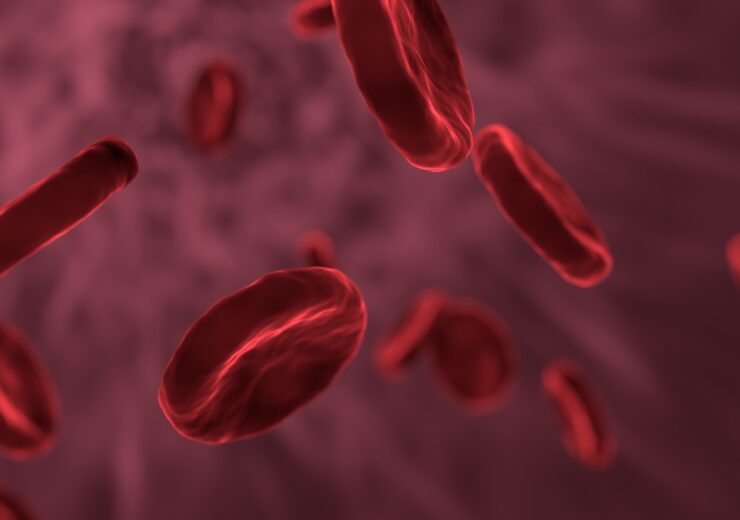Fezolinetant is an investigational nonhormonal treatment for vasomotor symptoms (VMS) associated with menopause

More than half of women ages 40 to 64 worldwide experience VMS, with rates in Europe ranging from 56% to 97%. (Credit: allinonemovie from Pixabay)
Astellas Pharma today announced the Committee for Medicinal Products for Human Use (CHMP) of the European Medicines Agency (EMA) on October 12 adopted a positive opinion relating to the use of VEOZA (fezolinetant) 45 mg once daily for the treatment of moderate to severe vasomotor symptoms (VMS) associated with menopause. VMS, also known as hot flashes and/or night sweats, are common symptoms of menopause.
If approved by the European Commission (EC), fezolinetant will be a first-in-class, nonhormonal treatment option to reduce moderate to severe VMS associated with menopause. Fezolinetant works by blocking neurokinin B (NKB) binding on the kisspeptin/neurokinin B/dynorphin (KNDy) neuron, helping restore the balance in the brain’s temperature control center (the hypothalamus) to reduce the number and intensity of hot flashes and night sweats.
Marci English, Vice President, Head of BioPharma Development, Astellas
“Today’s positive CHMP opinion marks another significant milestone for both fezolinetant and women’s health. We are excited to be another step closer to potentially providing a novel and important treatment option to individuals in Europe suffering from moderate to severe VMS associated with menopause.”
The positive CHMP opinion is based on the results from the BRIGHT SKY program, which included three Phase 3 clinical trials that collectively enrolled over 3,000 individuals across Europe, the US and Canada. Results from the SKYLIGHT 1 and SKYLIGHT 2 pivotal trials characterize the efficacy and safety of fezolinetant for the treatment of moderate to severe VMS associated with menopause and were published in The Lancet and The Journal of Clinical Endocrinology & Metabolism, respectively. Data from the SKYLIGHT 4 safety study further characterizes the long-term safety profile of fezolinetant and was published in Obstetrics & Gynecology.
The positive opinion will now be reviewed by the EC, which has the authority to approve medicines for European Union member states, as well as Iceland, Norway, Liechtenstein and Northern Ireland. The EC has 67 days from the CHMP opinion to issue a final decision. Additionally, the positive opinion allows the submission of a European Commission Decision Reliance Procedure marketing authorization application to the Medicines and Healthcare products Regulatory Agency (MHRA), which has the authority to approve medicines for England, Wales and Scotland following the UK’s transition from the European Union. A final MHRA decision is anticipated in the coming months.
Source: Company Press Release
